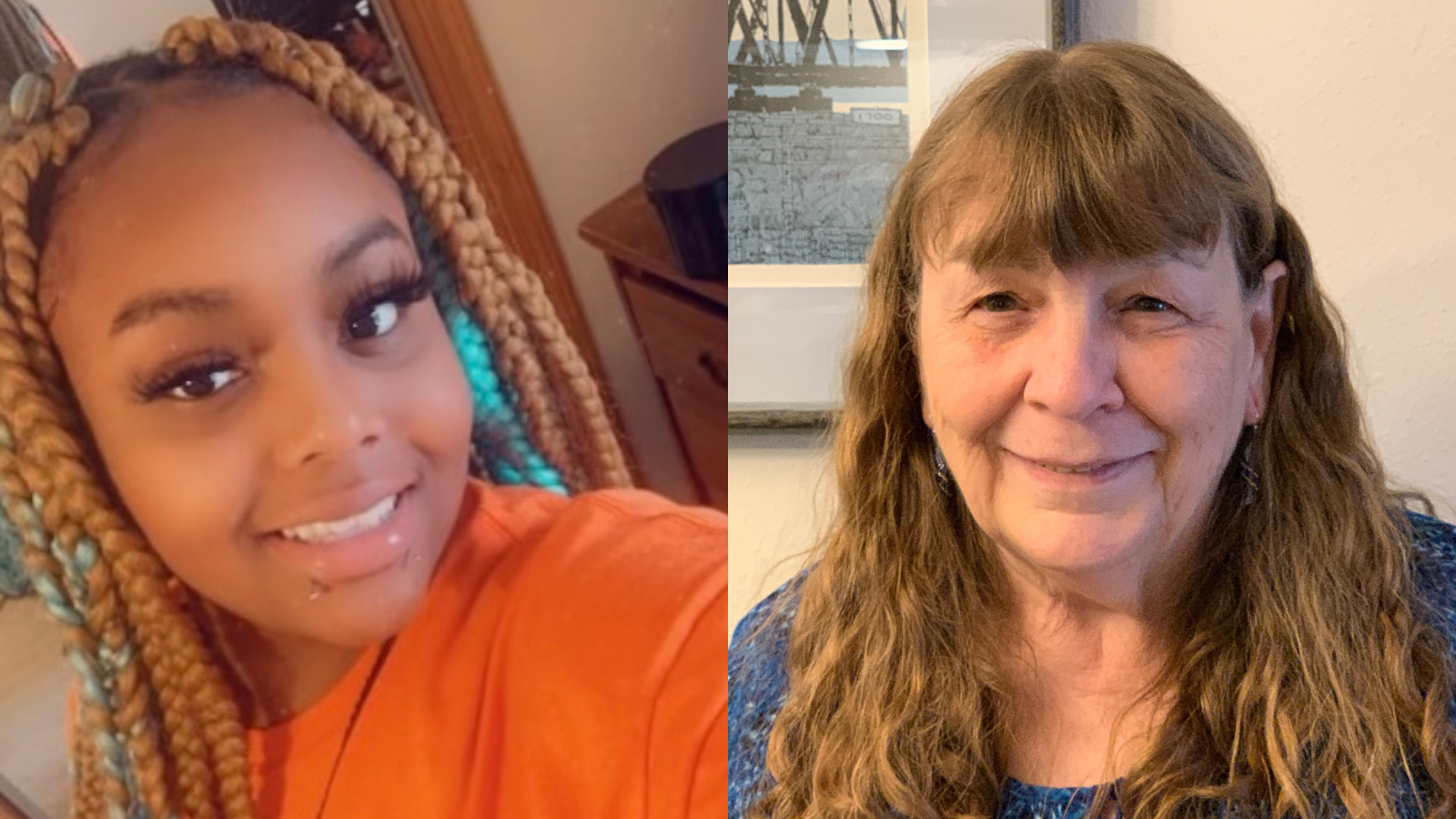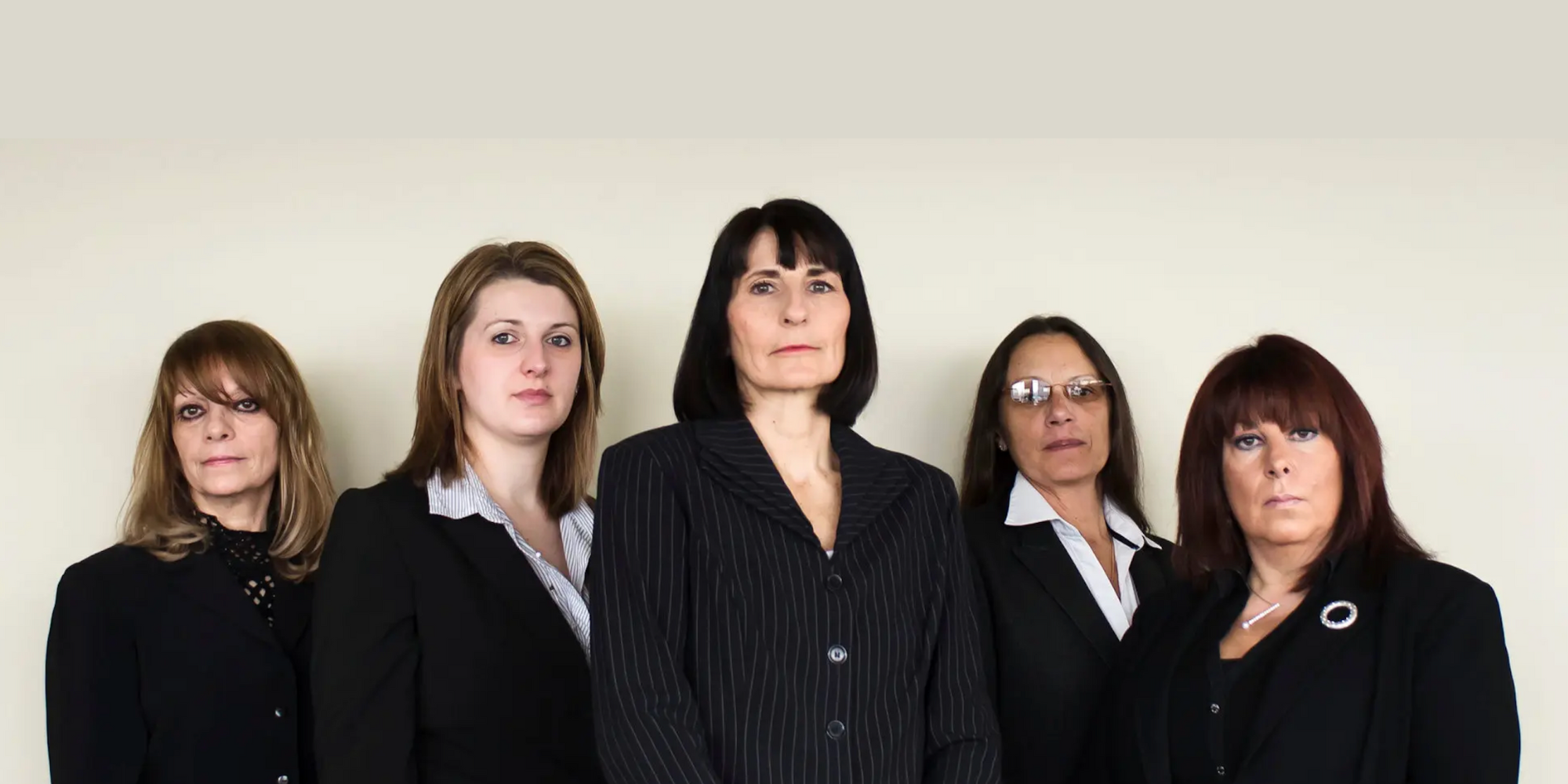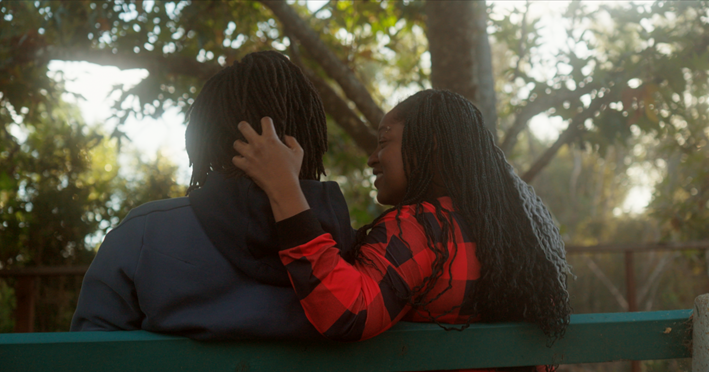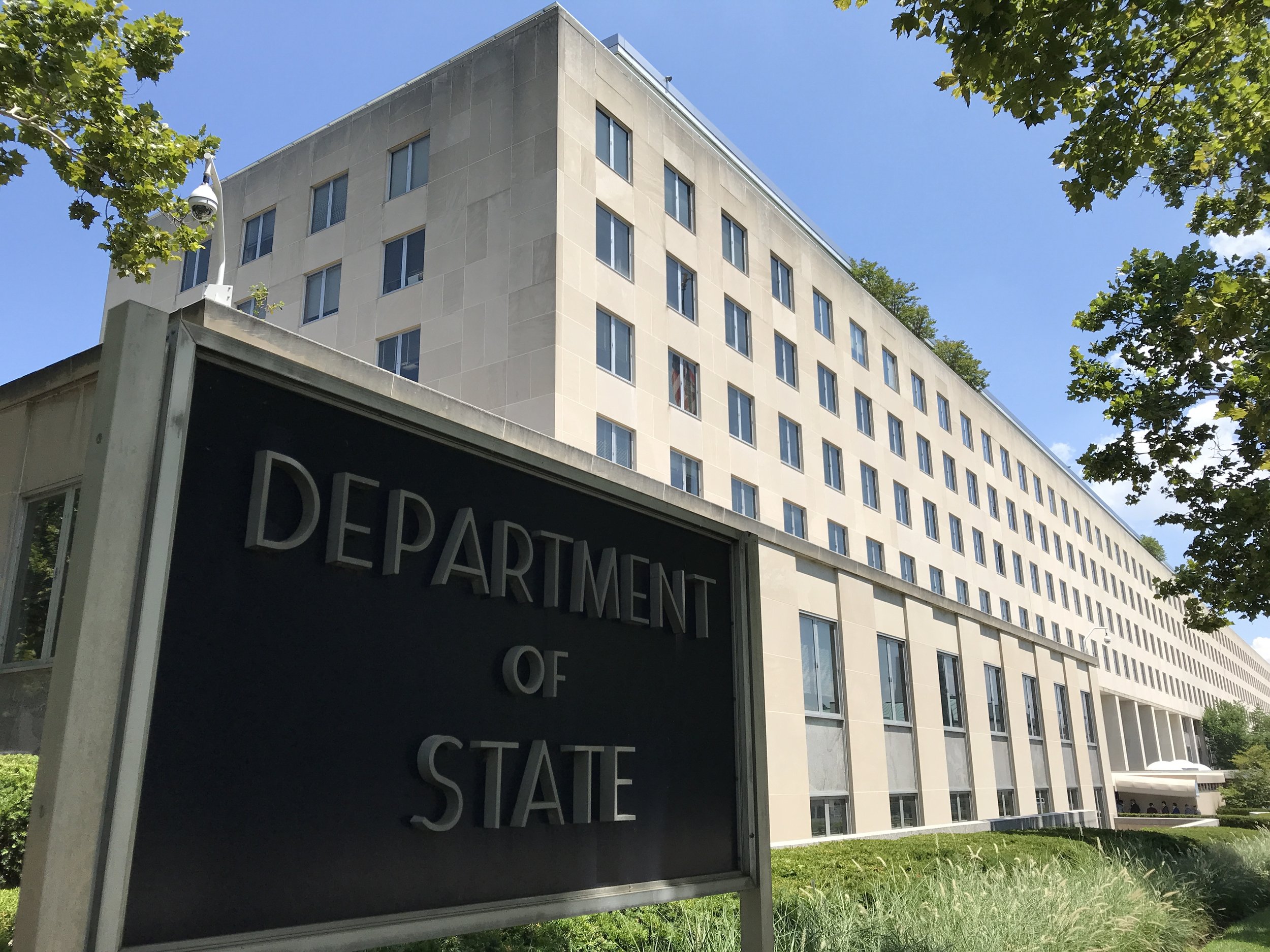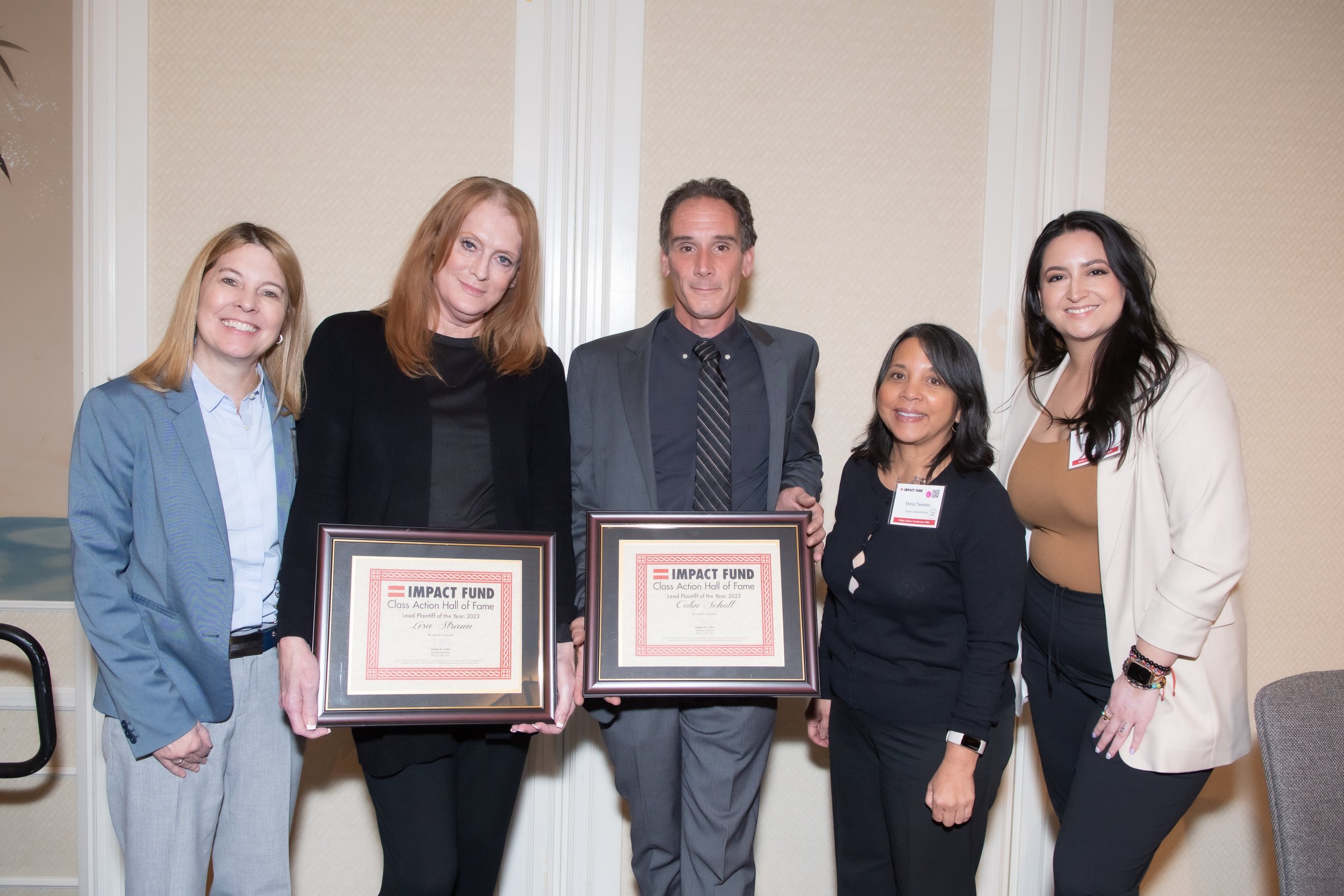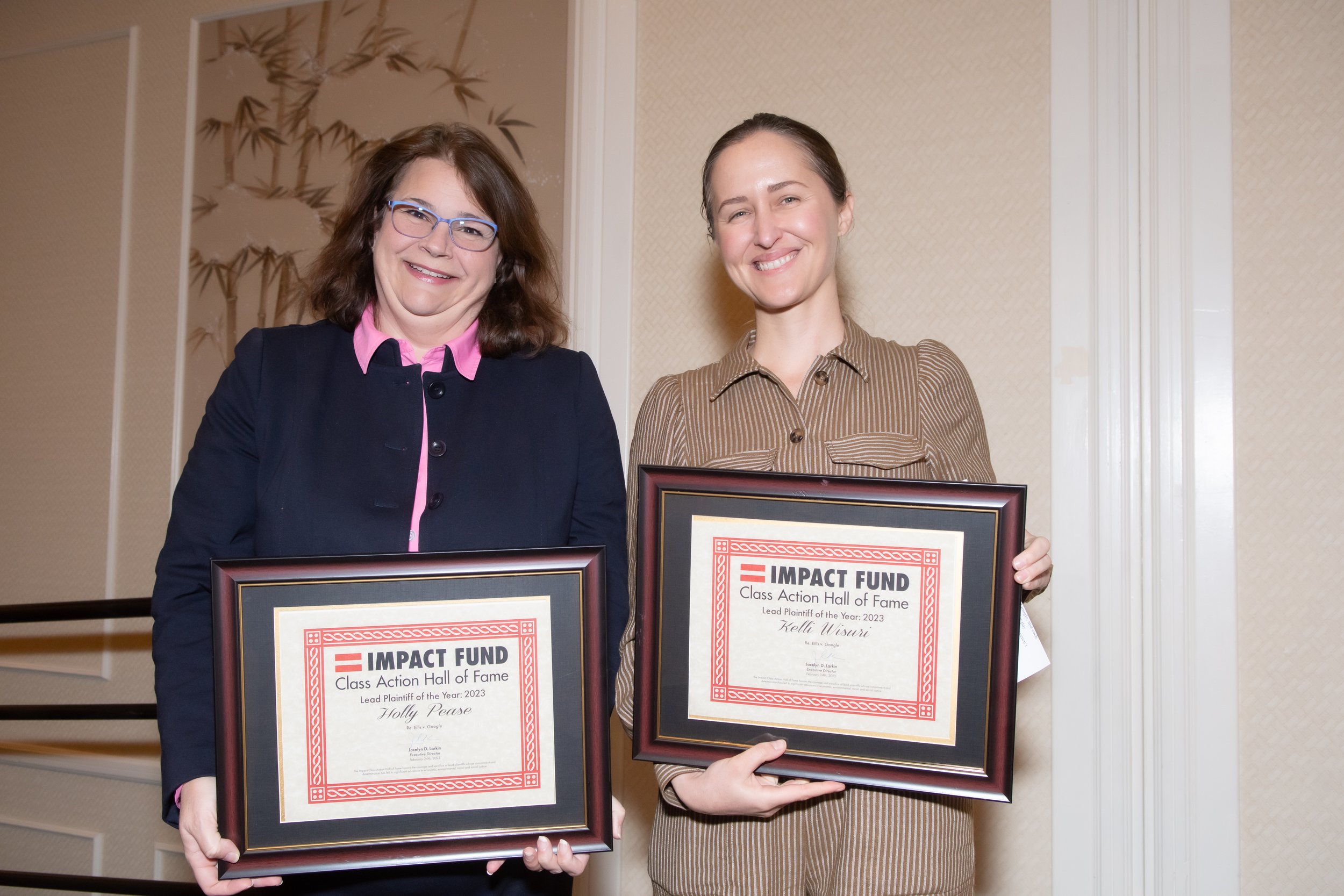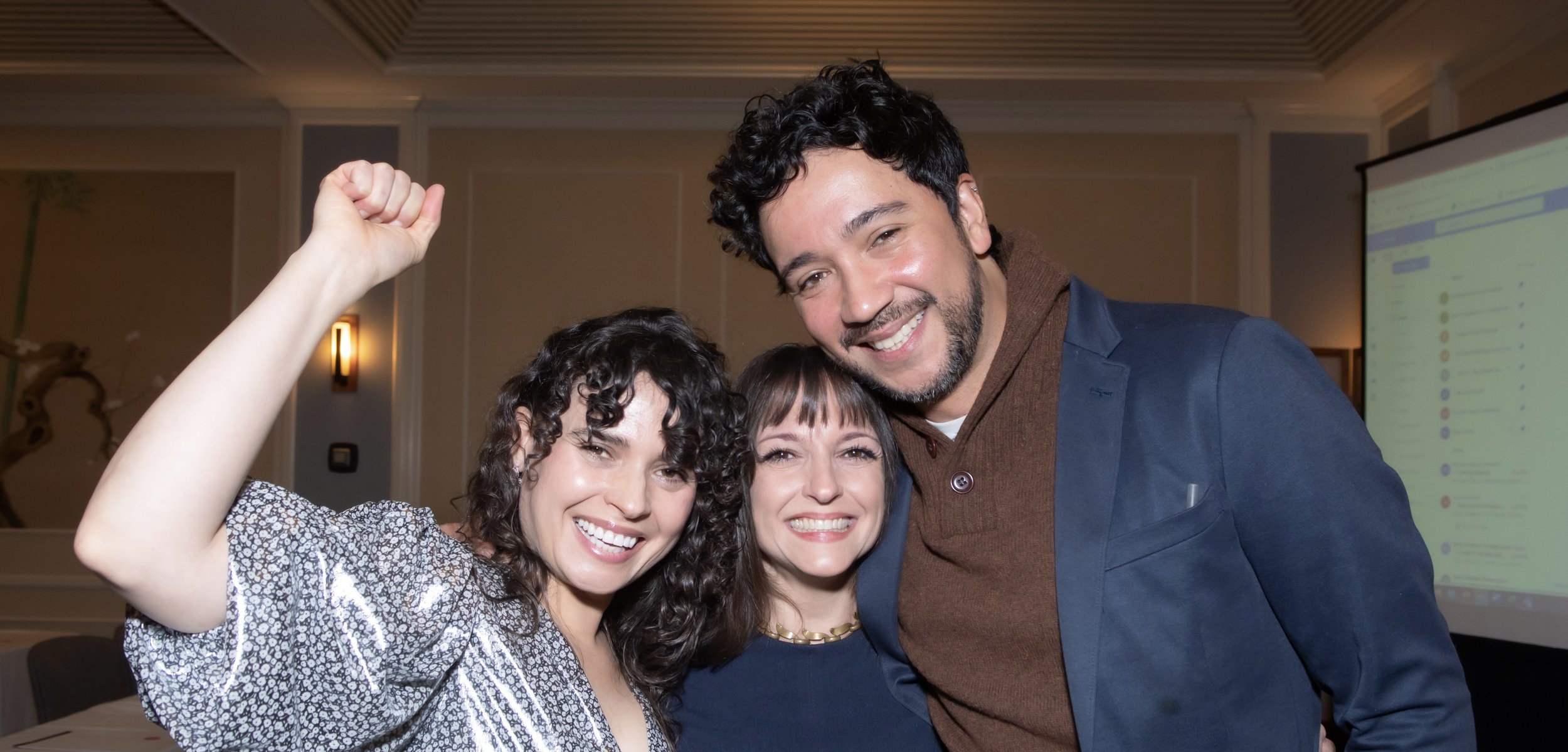Class Action Hero: Denied Mental Health Care, Patrice Makes A Stand For Human Rights
Patrice Daniels
Heroism and sacrifice are the hallmarks of those inducted into the Impact Fund Class Action Hall of Fame. Patrice Daniels’ (Class of 2018) tale is one of extraordinary courage…
Prior to becoming involved in Rasho v. Walker, I was living in an actively worsening state of untreated, though clinically diagnosed, psychological decompensation, which was exacerbated by the fact that I was housed in solitary confinement at Pontiac Correctional Center in the notoriously sadistic and Draconian north cell house. I was isolated in my cell 23-24 hours a day with no meaningful interpersonal contact, this caused my mental illness symptoms to worsen. Ironically, my initial placement in solitary confinement was related directly to my mental illness, when I used a razor to cut myself and was charged with illegal contraband. As my symptoms worsened, I continued to rack up more time in segregation due to conduct related directly to my mental illness.
The Illinois Department of Corrections deliberately denied access to quality mental health care that is both my right as a citizen as well as my right as a human being. The culture and practices in IDOC that allowed myself and countless others to suffer in our mental illness were extremely hurtful, both physically and mentally, and inhumane. I felt worthless and, quite frankly, I feared my own mind. Untreated mental illness can prove fatal in many instances. As a result of the lack of proper treatment, I, and many others, were ticking time bombs, albeit not of our own choosing.
“…even the strongest person will suffer mentally in an American prison.”
Once my peers shared with me efforts of the Uptown People’s Law Center to get IDOC to provide better care for prisoners with mental illness, I knew I had to get involved. Although acutely suffering mental instability, I never lost the ability to discern what was just. I strongly believed an injustice was occurring that directly and negatively impacted the entirety of my life and those of countless others. I also believed that so long as these things went unchallenged myself and others would continue to suffer. Not only did I want to change what happens within the prisons, I also wanted to raise public awareness of mental illness in relation to solitary confinement – the criminalization of mental illness within the prison walls.
I was ecstatic the day, in the summer of 2009, I received the file stamped copy of the Complaint. I reread it 100 times. I vividly recall thinking, “we got them.” There was no way an objective court could rule against us. There was a mountain of evidence in our favor, demonstrating the ineptitude of IDOC to provide mental health care to prisoners. As I often say, you can always count on one thing from people wielding unchecked power – ARROGANCE. IDOC’s arrogance would lead to our victory.
Expectedly, subsequent to the filing of the Complaint, I was subjected to retaliation from prison staff. My cell was routinely tossed for so called contraband, documents were regularly confiscated or “lost”, I received countless bogus disciplinary tickets and my solitary confinement outdate ballooned. I was angry, but determined. I continued to stand by the case and speak up. I was not going to allow IDOC to intimidate me into backing down from the fight to wrong an injustice. Compassionate and committed lawyers like our plaintiffs’ attorneys, Alan Mills, Harold Hirshman, Amanda Antholt, Laura Miller, Barry Taylor and Nicole Schult, played a huge role in my ability to carry on. I knew I wasn’t in this fight alone.
On May 13, 2016, when the settlement agreement was filed with the court, I thought of the other 12 named plaintiffs and the unnamed, but just as important, 10,987 others in the class and smiled. It was one of the most gratifying moments of my life. Our voices had finally been heard and our cries were validated. I understood though that the real work had only just begun – a settlement is only as good as its ability to be enforced. Nevertheless, it meant that I and others might finally receive the mental healthcare we needed and deserved. It was a testament to the power of one plus one plus one. Furthermore, it was an affirming nod to justice and equality for all, irrespective of their lot in life and place in society.
In the future, I hope to continue to healthily manage my mental illness. I maintain the dream of having my criminal conviction remanded for resentencing so that I can return to society and be with my soulmate, Joanne Smith-Daniels. While myself and 25 others, as a result of the settlement agreement, are currently housed in a newly opened mental health treatment facility, I won’t rest until the other 10,974 class members get the same level of treatment I am getting today. I will continue to fight to make certain that everyone in the custody of IDOC with diagnosed mental illness receives the care they need and rightfully deserve.
There is nothing “normal” about prisons, human beings were not designed to be locked away in spaces that they cannot get out of, even the strongest person will suffer mentally in an American prison. The struggle continues.





